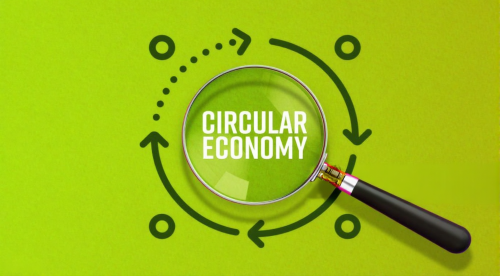When people think of recycling, they often imagine plastic bottles and aluminum cans. While these are important, there is a much wider world of recyclable materials—some of which are hidden in plain sight.
In Africa, where waste systems are still evolving and informal recycling plays a vital role, unlocking the hidden value in what we discard is a game-changer. At CleanCyclers, we believe that recycling is not just an act of environmental responsibility—it is an economic opportunity, a climate solution, and a moral imperative.
“What we throw away today may be what Africa needs tomorrow. Recycling is not about trash—it’s about transformation.”
— Amb. Canon Otto
Let’s explore five things you probably didn’t know could be recycled—and why it matters.
1. Solar Panels
Yes, solar panels are recyclable! Most people don’t realize that after 20–30 years, solar panels begin to degrade. Left unmanaged, they become hazardous e-waste.
At CleanCyclers, we specialize in solar panel recycling, recovering valuable materials like aluminum, glass, silver, and silicon for reuse in the clean energy industry.
Why it matters:
If Africa is to scale solar energy, we must ensure it doesn’t create a waste crisis in the future. Recycling solar is part of making clean energy truly clean.
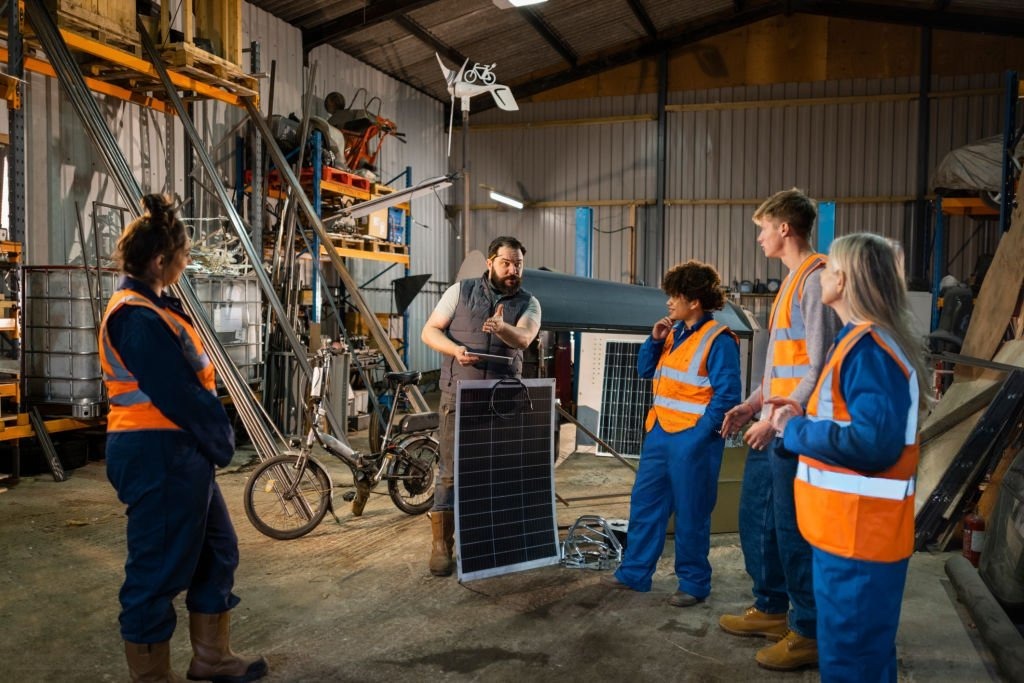
2. Old Chargers, Cables & Earphones
That drawer full of tangled cables? It’s not useless junk—it’s a goldmine of copper, plastic, and metal alloys. These small e-waste items often end up in landfills or burnt, releasing toxic substances into the air and soil.
What to do:
Drop them at your local e-waste collection center or hand them to authorized recyclers.
Why it matters:
Electronic accessories contribute massively to Africa’s growing e-waste problem, which is estimated to exceed 4 million tonnes annually. Every cable counts.
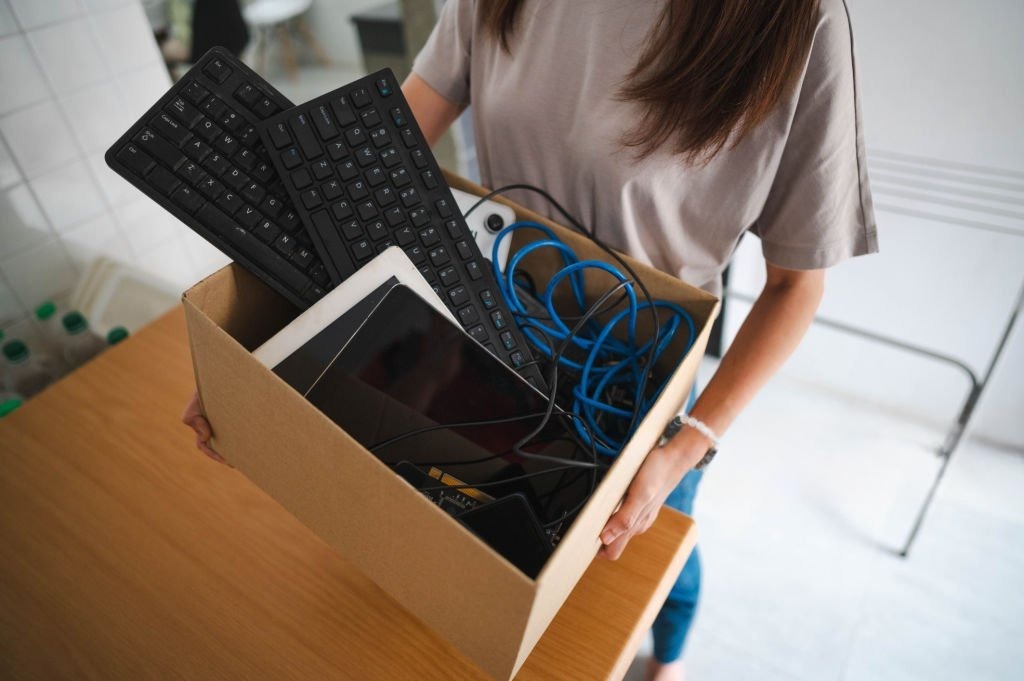
3. Used Toothpaste Tubes & Sachets
Most people assume these multilayered plastic items can’t be recycled. While traditional systems struggle with them, innovative recyclers can convert these into plastic pellets or construction materials when properly collected and cleaned.
Why it matters:
These lightweight items account for a huge portion of household waste in many African cities, especially due to the widespread use of sachet-based consumer products. If not managed, they clog drainage systems and worsen urban flooding.
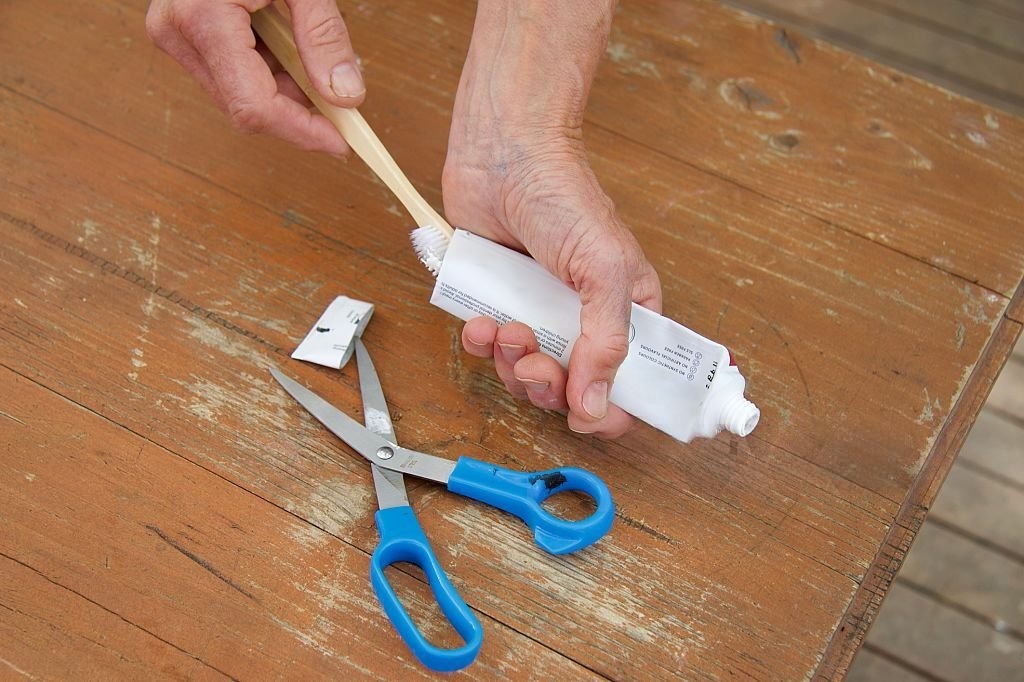
4. Polystyrene Foam (a.k.a. Styrofoam Packs)
Often used for food packaging, polystyrene is notoriously difficult to recycle—but not impossible. Specialized facilities can compact and repurpose it into insulation, picture frames, or new packaging.
Why it matters:
It takes hundreds of years to degrade and breaks into microplastics that enter waterways. With growing street food culture across Africa, this is a silent but serious pollutant.
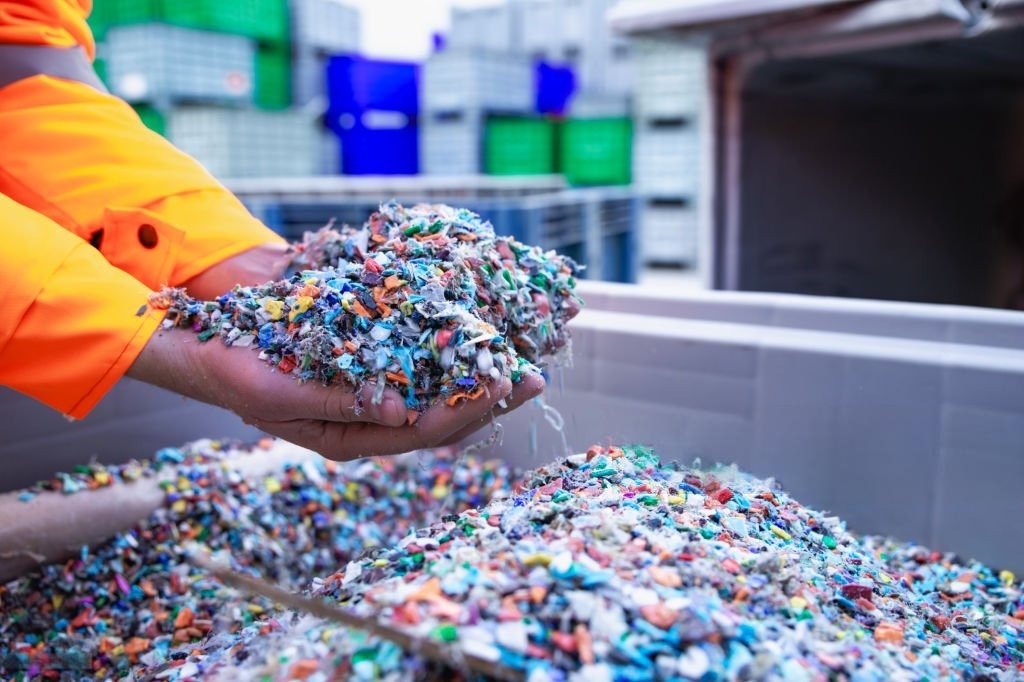
5. Printer Cartridges & Toners
Office and home printer cartridges contain plastic and metal components that are highly recyclable, but often just tossed away. Some manufacturers even offer collection schemes for refills and reuse.
Why it matters:
They contain hazardous ink residues and metals that contaminate soil and groundwater. Recycling them prevents harm while saving materials.
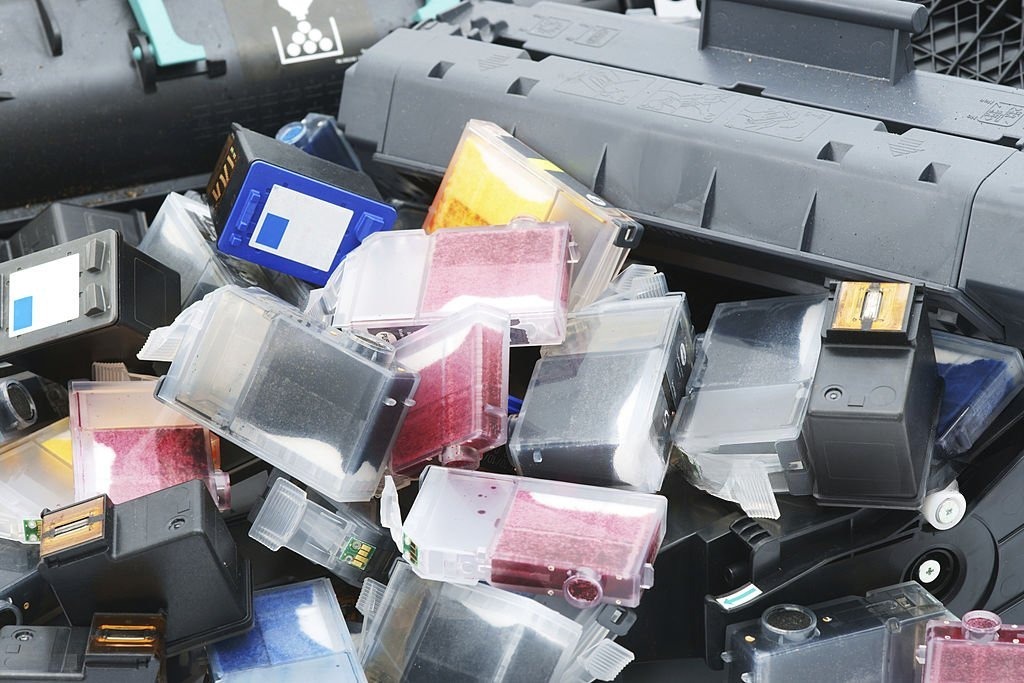
The Bigger Picture
Recycling isn’t just about being “eco-friendly.” It’s about rethinking waste as a resource. In a continent like Africa, where youth unemployment is high and environmental risks are rising, recycling can:
✅ Create jobs in collection, sorting, and innovation
✅ Reduce pressure on landfills and ecosystems
✅ Promote local manufacturing by feeding raw materials back into production
✅ Tackle climate change by reducing emissions from landfills and incineration
“Africa’s problem is not waste—it is wasted opportunity. Let us turn what we discard into what we desire.”
— Amb. Canon Otto
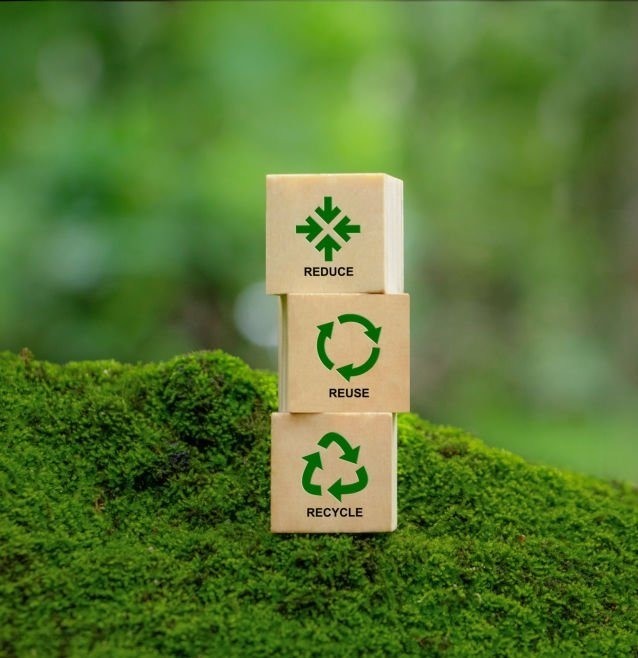
What You Can Do Today
- Start a recycling corner in your home or office.
- Partner with or support local recycling initiatives.
- Don’t throw out old electronics—find a collector.
- Talk to your community about unusual recyclable items.
- Share this article and spark the conversation.
In Closing
At CleanCyclers, we are not only recycling solar panels—we are changing the way Africa sees waste. Because when we expand our awareness, we expand our impact.
So, the next time you’re about to toss something out, pause and ask:
Could this be recycled?
Chances are, the answer might surprise you.

